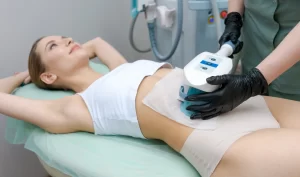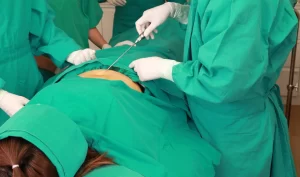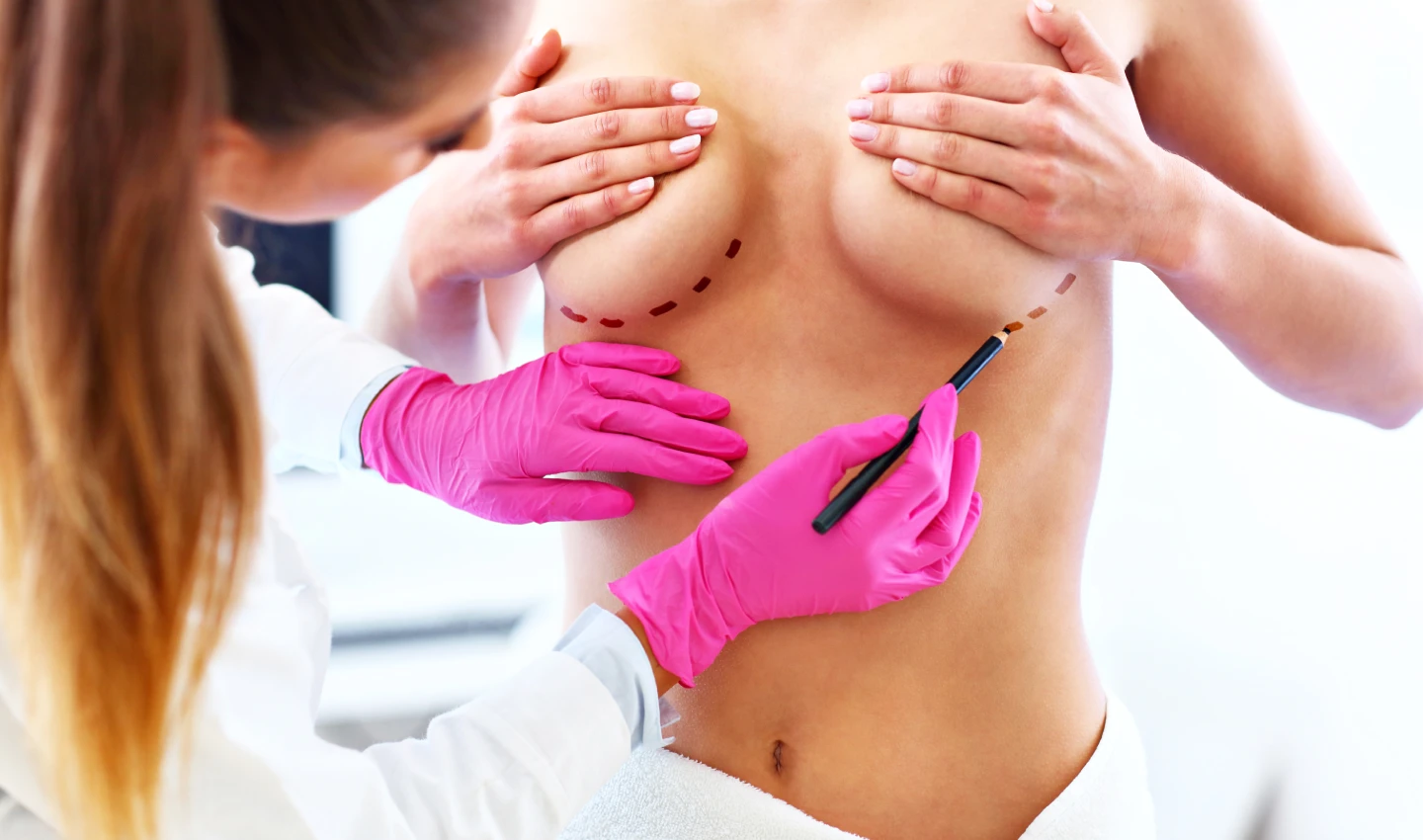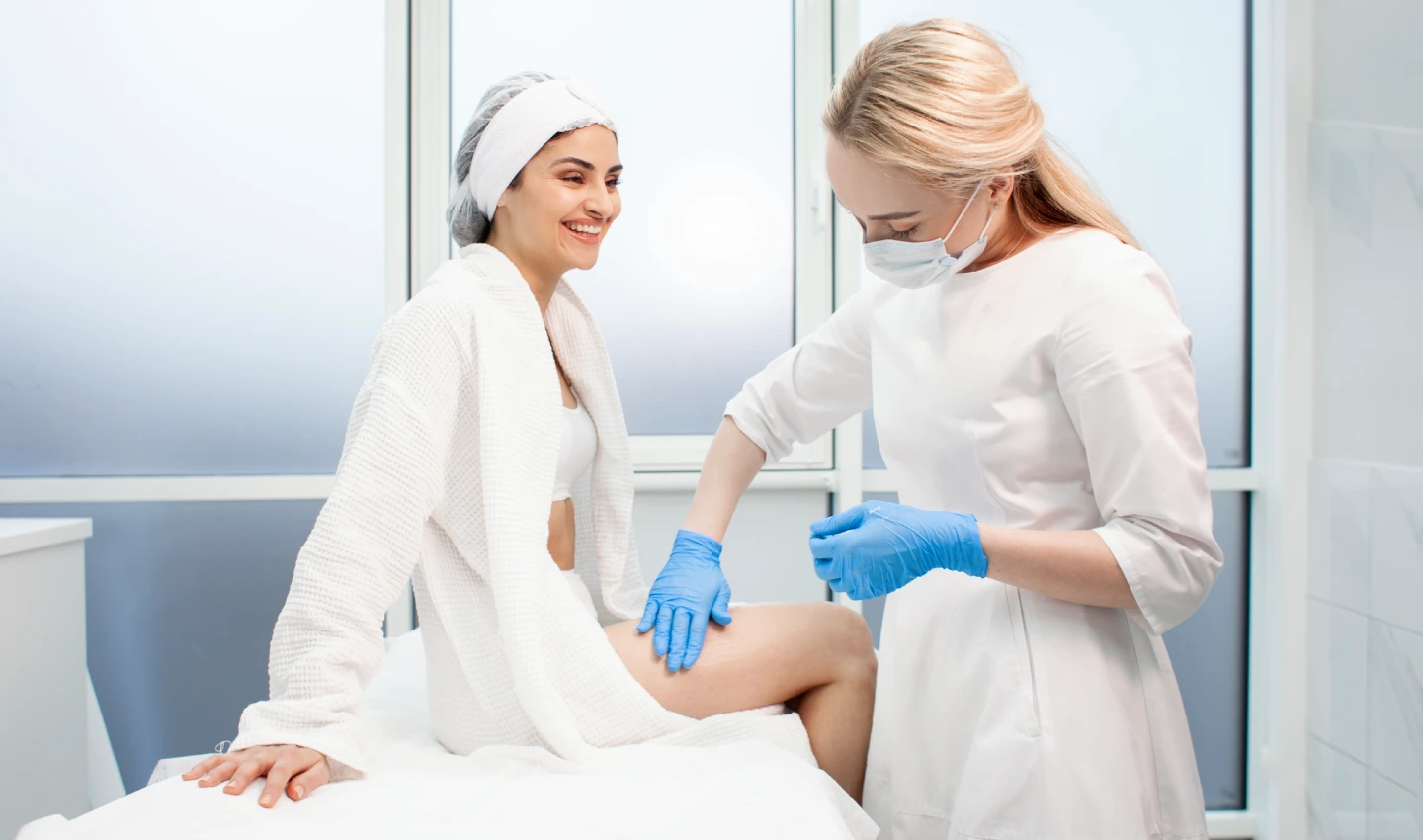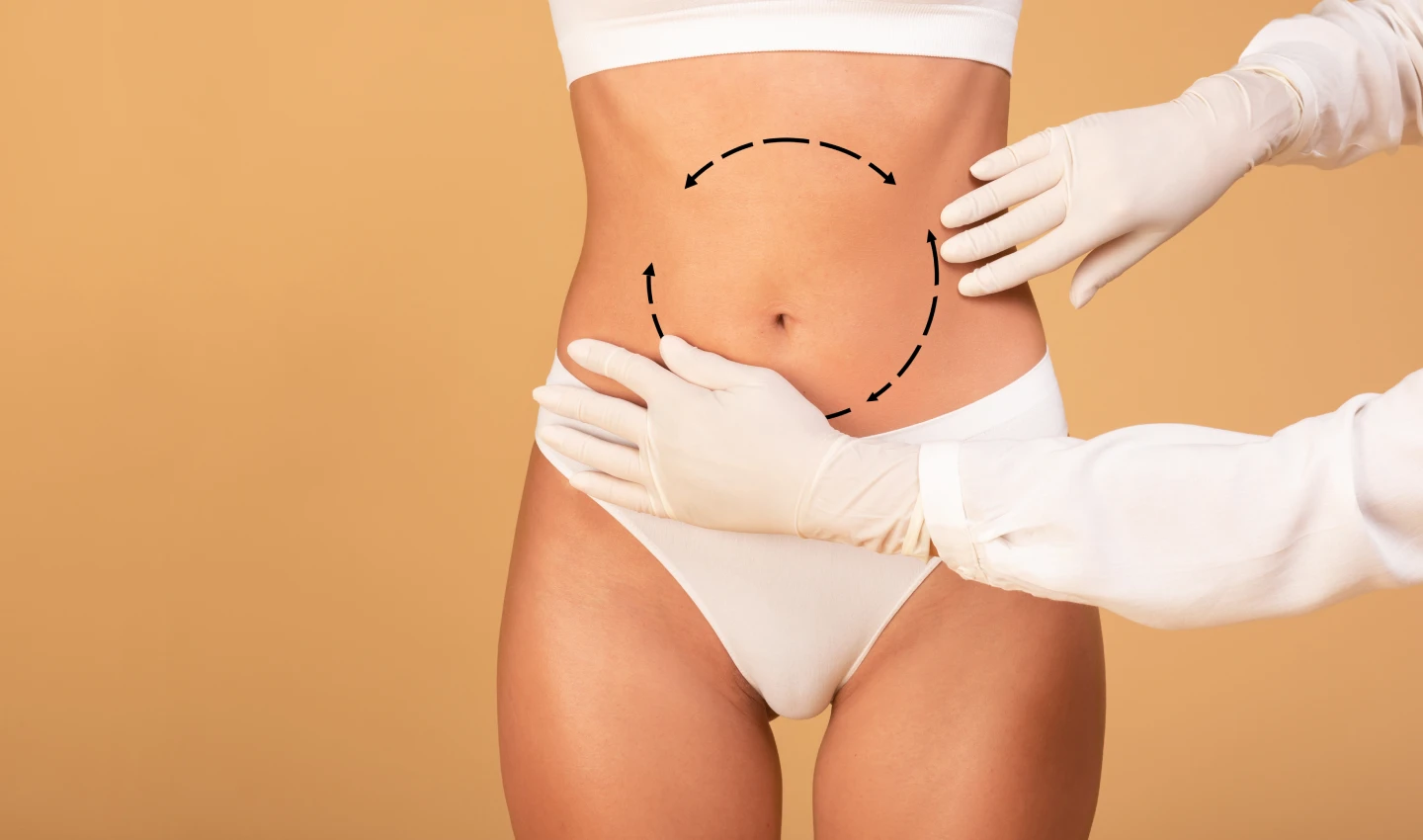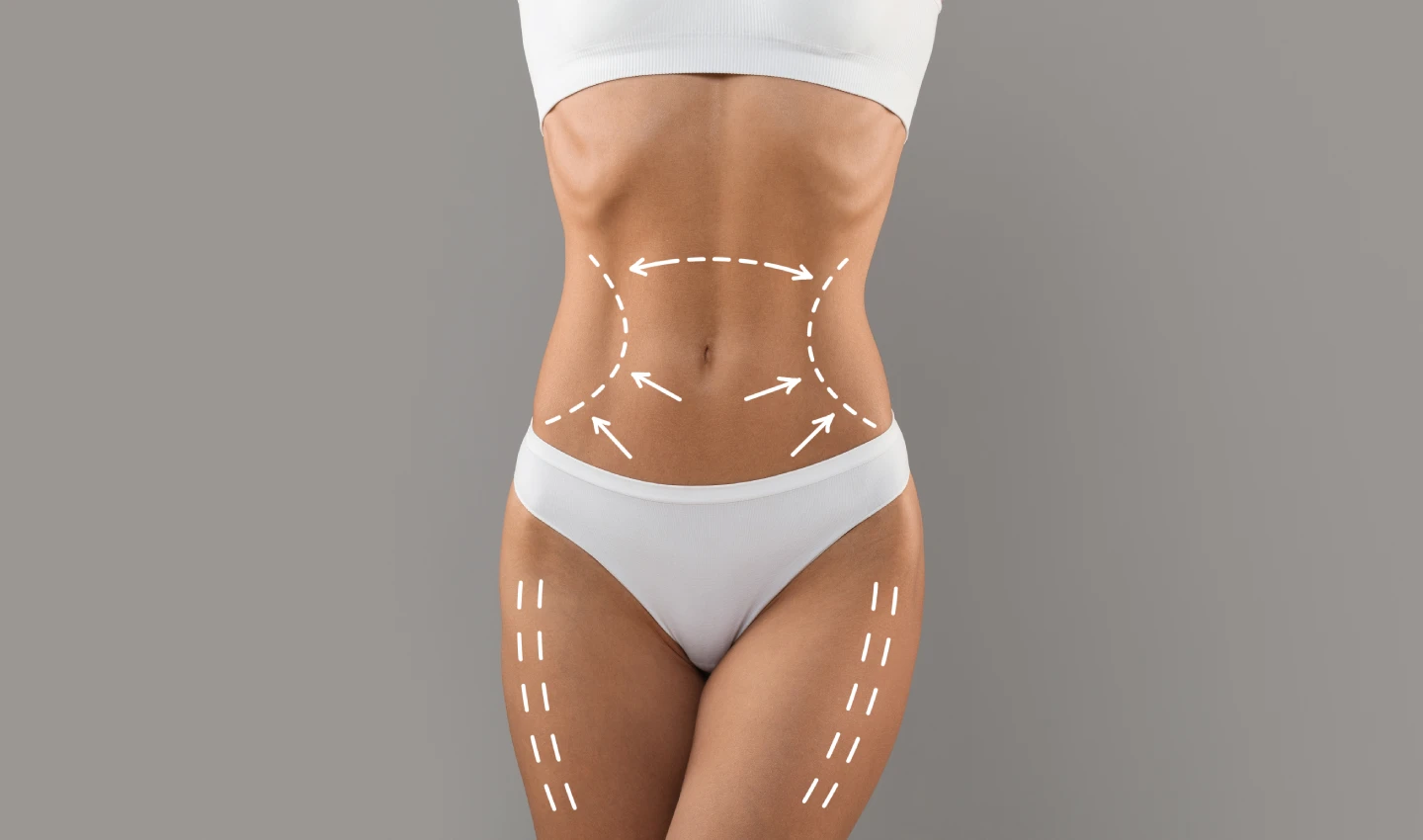
- Product Review
- Skin Care
- Makeup
- Clean Beauty
-
- Wellness
-
- Concern
- Brands
- Perfume
- Acqua Di Parma
- Adidas
- Avon
- Azzaro
- Bijan
- Boucheron
- Burberry
- Bvlgari
- Byredo
- Cartier
- Calvin Klein
- Carolina Herrera
- Chanel
- Chloe
- Christian Dior
- Creed
- David Beckham
- Demeter
- DKNY
- Dolce & Gabbana
- Dyptique
- Elie Saab
- Elizabeth Arden
- Estee Lauder
- Frederic Malle
- Giorgio Armani
- Givenchy
- Gucci
- Guerlain
- Guess
- Hermes
- Hugo Boss
- Jo Malone
- Joop
- Kenzo
- Kilian
- Lalique
- Lancome
- Le Labo
- Maison Francis Kurkdjian
- Marc Jacobs
- Memo Paris
- Montale
- Paco Rabanne
- Prada
- Serge Lutens
- SJP
- Thalia Sodi
- Tiffany and Co.
- Tom Ford
- Valentino
- Versace
- Victoria's Secret
- Viktor & Rolf
- Vince Camuto
- Yves Saint-Lauren
- Cosmetics & Makeup
- Aesop
- Australis
- Anastasia Beverly Hills
- BareMinerals
- Becca Cosmetics
- Benefit
- Bondi Sands
- Cetaphil
- Charlotte Tilbury
- Christian Dior
- e.l.f
- Ere Perez
- Estee Lauder
- Fenty Beauty
- Frank Body
- Glossier
- Honest Beauty
- Hourglass
- Inika
- it Cosmetics
- Lanolips
- Jurlique
- L'OREAL
- Laura Mercier
- Lucas' Papaw
- M.A.C
- Maybelline New York
- Milani
- ModelCo
- NARS
- Neutrogena
- Nude by Nature
- NYX
- OGEE
- Physicians Formula
- Real Techniques
- Revlon
- Revolution
- Rimmel London
- rms
- Sand & Sky
- Sigma
- Smashbox
- Sukin
- Tarte
- Too Faced
- Wet n Wild
- Eco Tan
- Alpha-H
- QV
- Intraceuticals
- Kora Organics
- Jojoba Company
- Aestura
- Ardell
- aveda
- Aveeno
- Beauty by Earth
- BeautyBlender
- bh Cosmetics
- Bioderma
- Bobbi Brown
- Burt’s Bees
- Carmex
- Caudalie
- CeraVe
- Clairol
- Clarins
- Clinique
- Coco Earth
- Colourpop
- COSRX
- Covergirl
- EcoTools
- Elemis
- Elizabeth Mott
- Essence
- Etude
- Eucerin
- Eylure
- Garnier
- Giorgio Armani
- GIOVANNI
- Gloristic
- Glow Recipe
- Grande Cosmetics
- Guerlain
- Herbivore Botanicals
- HUDA Beauty
- ILIA
- Jack Black
- Jergens
- Jessup
- Kat Von D
- Kerastase
- Kiehl’s
- KINGMAS
- L.A. Girl
- L’Occitane
- La Roche-Posay
- Lancome
- Laneige
- Lime Crime
- Living proof
- Loving Tan
- Lubriderm
- Max Factor
- Modelones
- Morphe
- Murad
- Natio
- NIVEA
- Nuxe
- Olay
- Olaplex
- OPI
- Origins
- Oulac
- Pacifica
- Pantene
- Paula’s Choice
- Peter Thomas Roth
- Proraso
- Puritans Pride
- Pure Micronutritions
- Rare Beauty
- RCMA
- RevitaLash
- RoC
- RUBY’S ORGANICS
- Rapidlash
- Schwarzkopf
- SheaMoisture
- Simple
- Sisley Paris
- St. Tropez
- Stila Cosmetics
- Sun Bum
- Sunday Riley C.E.O.
- Tan-Luxe
- Tatcha
- Thayers
- The Body Shop
- The Face Shop
- The Ordinary
- Uppercut Deluxe
- Urban Decay
- Vaseline
- VICHY
- Vita Liberata
- Weleda
- Wella Professionals
- Herbal Essences
- Epaderm
- Avalon Organics
- Avene
- Aztec Secret
- Cliganic
- Dr. Dennis Gross
- Drunk Elephant
- Bio-Oil
- Cover FX
- Jeffree Star
- Palmer’s
- Redken
- Australian Brands
- Perfume
- Learn
- Cosmetics Business





